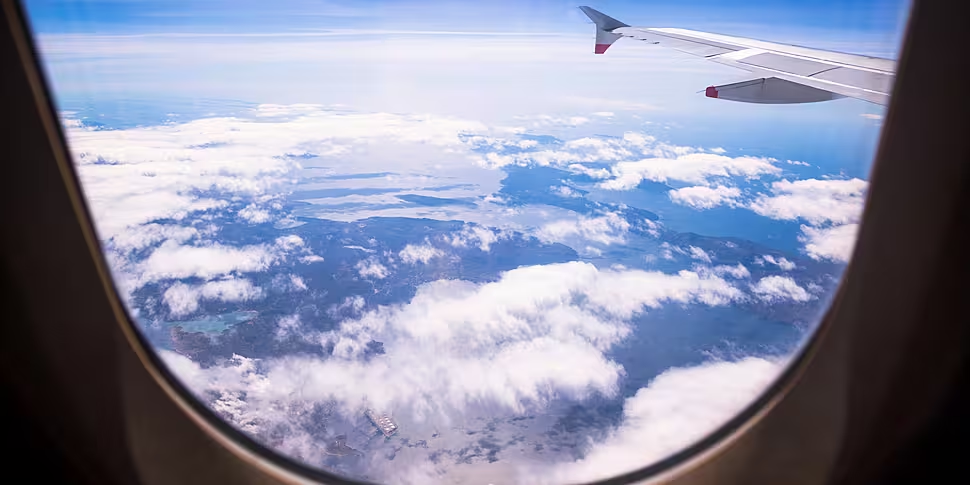Greenpeace is urging the EU to ban short-haul flights wherever there’s a viable train route as an alternative.
A new study by the climate group says there are train alternatives of under six hours for a third of the EU’s busiest short-haul routes.
The group says banning flights on those routes alone would significantly cut emissions per year by 3.5 million tons of CO2 equivalent (CO2e).
However, they say there could be major further reductions if countries invest in new day and night train services, better tracks and cheaper tickets.
The group says public money should be invested in supporting those services rather than backing "major polluters like airlines and airports".
Greenpeace campaigner Lorelei Limousin told Newstalk Breakfast the aviation industry has been a “laggard” when it comes to reducing emissions.
She said: “Aviation has been the fastest-growing source of emissions in Europe in the past decade.
“If we do nothing, the emissions will continue to rise while everyone else is reducing emissions. This will result in climate collapse.
“The good news is there are a lot of short-haul flights that already have good alternatives like trains.”
Lorelei suggested studies have shown there is a strong public appetite who want to see more rail services.
She said many of the airline industry claims around climate commitments amount to “greenwashing”, as air traffic is rising at a faster pace than planes becoming more energy efficient.
'Choice vs ban'
Pat Byrne, founder and chair of CityJet, acknowledged that electric and hydrogen planes are still some time away.
However, he said planes are still becoming more energy efficient all the time.
He said: “Right now, we have sustainable aviation fuel - there needs to be government support across Europe for that.”
Mr Byrne argued that a six-hour train journey is not a realistic alternative for many people.
He said: “We need to be very careful here about choice vs ban.
“Derailing one transport sector to boost a competitive sector is not necessarily a very good idea. Aviation is not a pariah - it is a key part of the fabric of society.”









